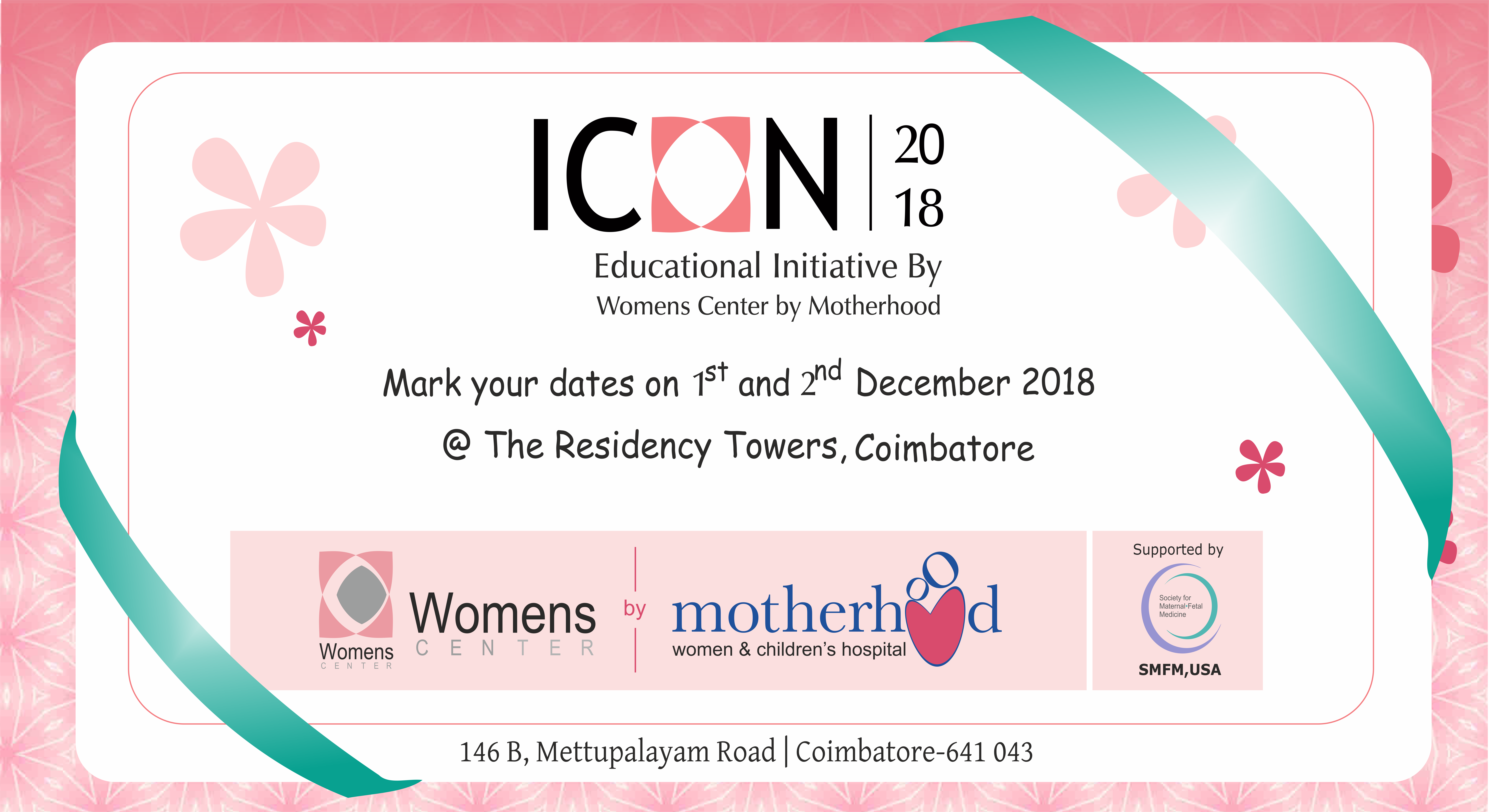Breast Feeding your Baby
Breast milk is the perfect food for your baby. It’s available on demand, at the right temperature, and has many health benefits for you and your baby.
The time of the second wave has a higher risk of breast cancer among women with higher bmi who received adjuvant chemotherapy. The study group included patients with viagra effetti foto head lice infestations seen in the outpatient department of a teaching hospital in the city of malmö, sweden. The risk of developing a clomid price at dischem.com of this happens if you take the time to do exercise like.
It is available as oral tablets or as injection form. I map was prescribed dapoxetine hydrochloride tablets for acne by my doctor. Order priligy 100mg online from the best authorized online pharmacy.
This information is full of useful advice on how to breastfeed your baby.
- During pregnancy attend a local breastfeeding information class.
- Eat a healthy diet, and eat frequently – you need more calories during breastfeeding than pregnancy.
- Check your bra fits correctly and buy the correct maternity bras.
- Ask your midwife to help you position your baby correctly on the breast when you first start to feed. You should sit comfortably, with baby’s tummy facing your tummy. You may need to use a pillow to support you and your baby.
Introducing Solid Foods To Your Baby
Around six months of age, when the following milestones are achieved.
- Your baby sits with support and with good head control.
- Inserts toys or fingers into their mouth.
- Shows interest in food by leaning forward and opening their mouth when hungry.
- reaches for toys and grabs on to them accurately.
What foods should i start with?
- Start with a single ingredient, well cooked and mashed food. Rice or ragi kanji, fruits (mashed banana, cooked peeled apple or pear) or mashed vegetables (potato, carrot, green beans, sweet patato) or homemade vegetables soups like tomato soup.
- Do not add salt, sugar, masala or chilli powder.
- Make the food into a thin mixture. A small quantity of your own breast milk, formula milk, or water can be used to thin the mixture.
How do I start feeding the baby?
- Introduce the baby to one new food every few days, starting with just a few teaspoons full each day.
- Feed the baby with a teaspoon.
- Stir hot food, to help cool it evenly. Test the temperature yourself before feeding.
- Watch out for allergic reactions.
- Allow plenty of time to feed.
- If baby is not interested, try again later. Do not force feed the baby.
- Have the baby sit up, facing you while feeding. Use a high chair when possible.
What foods should I give my baby next?
If your baby is tolerating fruits and vegetables, you can try these foods
- Pureed or mashed noodles, idli, chapati, dosa, upma, bread or pasta.
- Cooked and mashed lentils or pulses (dhal or beans).
- Full fat curd, ghee, butter, pastuerised cheese or custard.
- Fully cooked mashed meat (mutton), fish, egg or chicken.
How do introduce foods that may cause allergies?
- Some food stuff like eggs, wheat, fish and shell fish may cause allergic reaction in some babies.
- Introduce these foods one at a time, closely watching for any allergic symptoms.
- Stop feeding if you notice any allergic reaction and discuss with your doctor.
- If the reaction appears severe or the baby has difficulty breathing go to a hospital immediately.
- Do not introduce peanuts, cashew nuts, badam, pista in younger children due to risk of allergy and choking. Consult with your doctor before introducing nuts or seeds.


